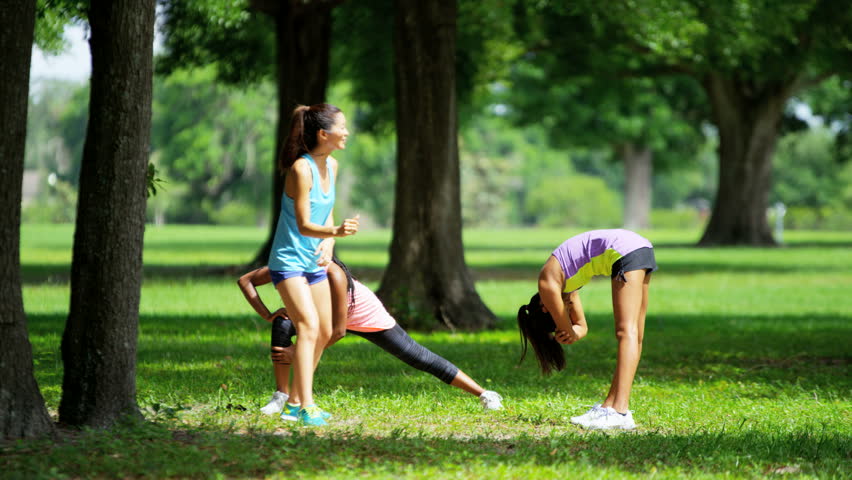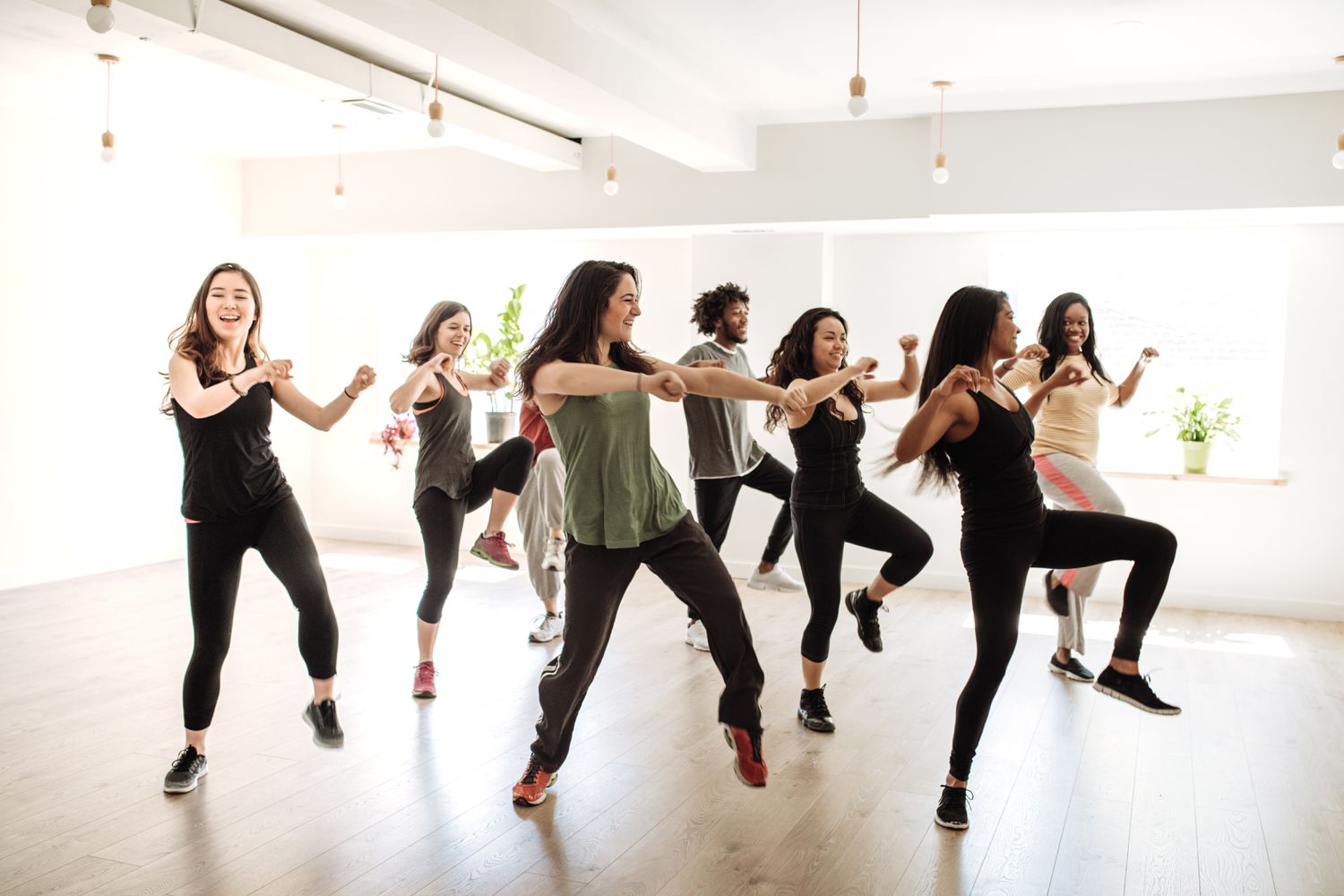Discuss the role of outdoor activities and recreation in promoting health and fitness.
Discover how outdoor activities for health can naturally boost your fitness. Explore the benefits of outdoor recreation and its impact on

Outdoor activities and recreation play a crucial role in promoting health and fitness. Engaging in outdoor activities offers a wide range of physical, mental, and social benefits that contribute to overall well-being. Here are some key aspects of how outdoor activities promote health and fitness:
Physical Fitness:
Cardiovascular Health: Activities like hiking, running, cycling, and swimming improve cardiovascular health by increasing heart rate and circulation. This helps reduce the risk of heart disease, hypertension, and stroke.
Strength and Endurance: Outdoor activities such as rock climbing, kayaking, and trail running enhance muscular strength and endurance. These activities engage various muscle groups, promoting overall physical fitness.
Weight Management: Regular outdoor activities can aid in weight management by burning calories and boosting metabolism. This can be particularly effective in preventing or addressing obesity.
Outdoor Activities for Health
Outdoor activities expose individuals to natural sunlight, which is a primary source of vitamin D. Vitamin D is essential for bone health, immune function, and mood regulation.
Mental Health and Well-being:
Stress Reduction: Spending time in nature and engaging in outdoor activities has been shown to reduce stress and anxiety. The tranquility of natural settings can have a calming effect on the mind.
Improved Mood: Outdoor activities trigger the release of endorphins, which are natural mood lifters. This can help combat depression and boost overall mental well-being.
Enhanced Cognitive Function: Exposure to nature has been linked to improved cognitive function, creativity, and problem-solving skills.
Social Interaction:
Outdoor Activities for Health , such as team sports, group hikes, and community events, encourage social interaction. Building and maintaining social connections contribute to mental and emotional health.
Skill Development:
Engaging in outdoor activities often requires learning new skills and techniques, whether it's rock climbing, skiing, or orienteering. Developing these skills can boost self-confidence and a sense of accomplishment.
Connection with Nature:
Spending time outdoors fosters a deeper connection with the natural world, leading to greater appreciation for the environment. This can motivate individuals to support conservation efforts and sustainable living.
Lifelong Habits:
Encouraging outdoor activities from a young age can establish lifelong habits of physical activity. This reduces the risk of chronic diseases and promotes a healthier lifestyle throughout one's life.
Diverse Options:
The variety of outdoor activities available ensures that individuals can find activities that suit their preferences and physical abilities. This inclusivity makes it easier for people to participate in outdoor recreation.
Escape from Screen Time:
Outdoor activities offer a break from screens and digital devices, reducing the negative effects associated with prolonged screen time, such as eye strain and sedentary behavior.
Holistic Well-being:
Engaging in outdoor activities promotes a holistic approach to well-being, encompassing physical, mental, and social aspects of health. This holistic focus contributes to a balanced and fulfilled life.
In conclusion, outdoor activities and recreation are instrumental in promoting health and fitness by enhancing physical, mental, and social well-being. Incorporating these activities into one's lifestyle can lead to a healthier, happier, and more active life.
:
Natural Therapy:
Exposure to natural environments during outdoor activities is often referred to as "nature therapy" or "ecotherapy." It has been found to have a therapeutic effect on conditions such as attention deficit disorder, post-traumatic stress disorder (PTSD), and even some physical ailments.
Boosted Immunity:
Regular outdoor activities can strengthen the immune system. Spending time in natural settings exposes individuals to diverse microorganisms, potentially improving immune function and reducing the risk of allergies and autoimmune diseases.
Better Sleep:
Physical activity outdoors can help regulate sleep patterns. Exposure to natural light and fresh air during the day can lead to improved sleep quality, which is essential for overall health and fitness.
Cultural Enrichment:
Outdoor activities often provide opportunities to explore and appreciate cultural heritage sites, historical landmarks, and natural wonders. Learning about history and different cultures during these activities can enhance intellectual well-being.
Community Building:
Many communities organize outdoor events and festivals, fostering a sense of belonging and community pride. Participating in these activities can create a supportive social network.
Reduced Sedentary Lifestyle:
Outdoor activities encourage people to move and engage in physical activity, reducing the sedentary lifestyle that has become increasingly prevalent in modern society. This, in turn, lowers the risk of obesity and related health problems.
Environmental Stewardship:
Engaging in outdoor activities often instills a sense of responsibility for the environment. People who appreciate the outdoors are more likely to adopt sustainable practices and advocate for environmental protection.
Adaptive Challenges:
Outdoor activities often present participants with adaptive challenges that require problem-solving and critical thinking. These mental challenges contribute to cognitive fitness and resilience.
Therapeutic Benefits:
Outdoor activities are sometimes used as a form of therapy, such as wilderness therapy or adventure therapy, to help individuals overcome personal challenges, addiction, or mental health issues.
Family Bonding:
Outdoor activities provide an excellent opportunity for families to spend quality time together. Family outings and adventures can strengthen familial bonds and create lasting memories.
Incorporating outdoor activities and recreation into one's routine is not just about physical exercise; it's about embracing a lifestyle that promotes holistic health and fitness. Whether it's a brisk hike in the mountains, a leisurely bike ride through the park, or a weekend camping trip, the benefits of outdoor activities are abundant and accessible to individuals of all ages and fitness levels. It's a path to a healthier, more vibrant, and fulfilling life.
moting health and fitness:
Mindfulness and Relaxation:
Engaging in outdoor activities often encourages mindfulness and relaxation. The serenity of natural settings allows individuals to disconnect from the hustle and bustle of daily life, reducing stress and promoting mental clarity.
Holistic Development in Children:
Encouraging children to participate in outdoor activities fosters their holistic development. It helps them develop physical, cognitive, emotional, and social skills, setting a strong foundation for a healthy and active lifestyle.
Personal Growth:
Overcoming challenges during outdoor activities, whether it's conquering a difficult trail or navigating a river, can lead to personal growth and a sense of achievement. These experiences boost self-esteem and self-confidence.
Improved Nutrition:
Outdoor activities often coincide with healthier dietary choices. Participants may pack nutritious snacks and meals for outdoor adventures, contributing to better eating habits.
Community and Social Support:
Many outdoor enthusiasts join clubs or groups that share their interests. This sense of belonging and social support system can be a powerful motivator for maintaining an active and healthy lifestyle.
Reduced Screen Addiction:
Outdoor activities offer an attractive alternative to screen-based entertainment. By spending more time outdoors, individuals can reduce their dependency on electronic devices and decrease screen-related health issues.
Prevention of Lifestyle-Related Diseases:
Engaging in regular outdoor activities can help prevent lifestyle-related diseases such as type 2 diabetes, certain types of cancer, and metabolic disorders by promoting better physical health.
Environmental Awareness:
Outdoor activities raise awareness about environmental conservation and sustainability. This heightened awareness can lead to more responsible and eco-friendly choices in daily life.
Adaptive Resilience:
Facing changing weather conditions, terrain, and unexpected challenges during outdoor activities can enhance one's adaptability and resilience, not only physically but also mentally.
Longevity and Quality of Life:
Regular participation in outdoor activities has been linked to increased longevity and an improved quality of life in later years. It helps maintain mobility, cognitive function, and emotional well-being as individuals age.
In summary, outdoor activities and recreation offer a multifaceted approach to promoting health and fitness. They cater to the physical, mental, social, and even spiritual aspects of well-being. As people increasingly recognize the value of spending time outdoors, this can lead to a positive cultural shift toward healthier, more active lifestyles. Embracing the outdoors not only benefits individuals but also contributes to a healthier society and a more sustainable relationship with our natural environment.
What's Your Reaction?















